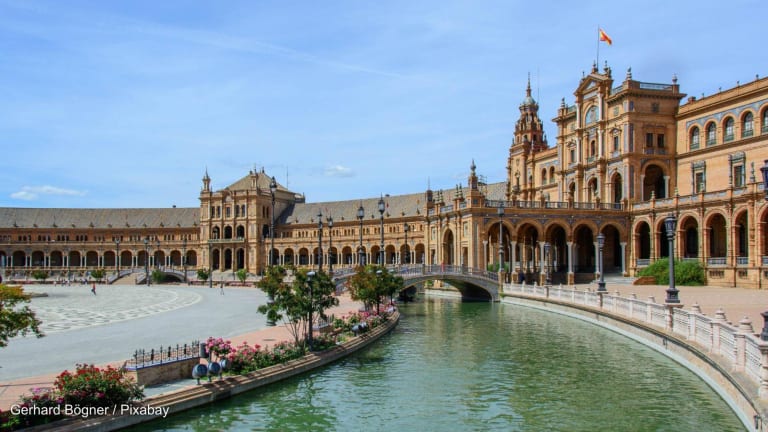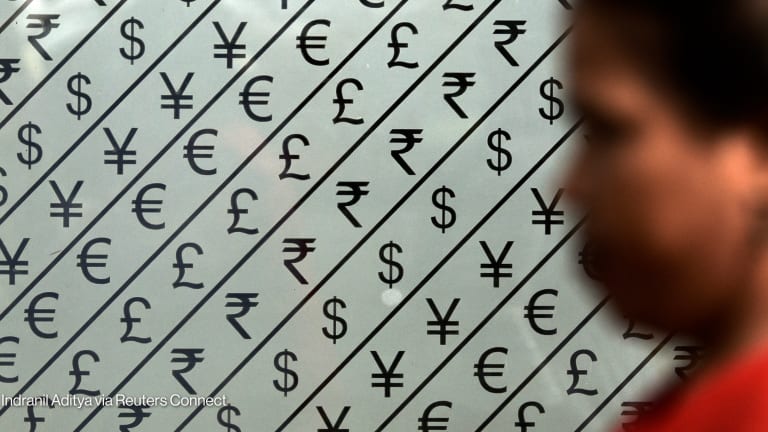
The “decolonization” of international development, once an ideal championed by alter-globalists, is turning into a common language and imperative for the development community, driven in part by global inequalities exposed by the COVID-19 pandemic. From the humanitarian sector to global health, practitioners are questioning what it will take to redefine relationships between high-income and low- and middle-income countries.
If decolonization is to be effective though, it must take root in how we finance development interventions. Country and community ownership can address inequalities in how we design and manage development programs, but the change will remain cosmetic as long as decision making over which programs receive financing remains unequal.
Multilateral development banks are considered reform priorities by campaigners, and the question of reform has resulted in a polarized debate with every capital raise and replenishment. Proponents argue that MDB shareholdings represent the economic and political past more than they do the present, which translates into high-income countries’ outsized voting power over the types of programs that receive financing.
Critics counter that the business models of these institutions require stellar credit ratings to raise external financing at competitive rates and pass these rates onto low- and middle-income countries, all while funding their operations from the spread between the interest rate investors charge them and the ones their clients are capable of paying. And this can only be accomplished if many shares are held by high-income countries.
Sign up for Devex Invested
The must-read weekly newsletter that keeps you up to date with news about business, finance, and the SDGs.
The case of the Corporación Andina de Fomento, Latin America’s homegrown development bank, illustrates why incremental reform is nonetheless achievable. CAF’s charter was signed in 1966 by five countries and an additional 14 countries have since become members.
In a break with MDB orthodoxy, where nonborrowing members make up the majority — in the case of the World Bank — or narrow minority — in the case of most regional development banks — only one nonborrowing member, Spain, has been admitted. This reflects a deliberate commitment by CAF’s board to cap nonborrowing shareholdings at 10% in order to align its governance with a country-led sustainable development agenda.
By comparing CAF’s business model with that of its more conventional multilateral peers — in particular the Inter-American Development Bank — it becomes clear that the consequences of decolonizing these institutions would not be as catastrophic as critics envision.
CAF’s long-term credit rating is indeed lower than those of other MDBs since its relative lack of nonborrowing members reduces the creditworthiness of its callable capital — an IOU from a member that the bank can call on when in need — and the governance assessment performed by rating agencies. CAF currently holds an “A+” rating, lower than the “AAA+” held by other MDBs with the exception of the New Development Bank.
If decolonization is to be effective though, it must take root in how we finance development interventions.
—CAF’s lower credit rating does not stop it from borrowing from public capital markets, though it does so at slightly higher interest rates. In September 2020, CAF placed a five-year dollar-denominated bond at a coupon of 1.625%. In the same month, IDB placed a five-year dollar-denominated bond at a coupon of 0.5%.
CAF’s slightly higher interest rates do affect the cost of the lending it provides its members but not prohibitively so. While recent data is lacking, the historical cost of its lending has been as little as 1% above IDB and the World Bank, though at other times the spread was 2-4% higher. In light of CAF’s growing loan portfolio, it nevertheless remains an attractive proposition to its members.
Since the creditworthiness of its callable capital is lower, CAF has to rely more on paid-in capital from its members, which is cash paid upfront. As of July 2021, CAF holds $9.2 billion in paid-in capital and $1.6 billion in callable capital. This is inverted in the IDB, which holds $6.04 billion in paid-in capital but a massive $164.9 billion in callable capital.
CAF’s reliance on paid-in capital is a costlier proposition to member countries, also because it has fewer indirect means of increasing its equity through retaining earnings and therefore must raise capital more frequently. On the other hand, CAF’s capital replenishments have been easier since nearly all members are borrowing countries that see the immediate benefits. In the wake of the COVID-19 crisis, CAF received additional paid-in capital at a time of a fiscal squeeze in most of its member countries.
What can we learn from this? Decolonizing MDBs by reducing the shareholdings of nonborrowing countries will very likely result in a downgrade, a slightly higher lending price, and a need for more paid-in contributions. However, the advantages to be gained — greater country ownership, increased legitimacy, and more equal development prospects — can be expected to outweigh the disadvantages.
In a recent CAF rating, Fitch points out that the “high share of capital ownership by borrowing countries (above 90%) have influenced the bank's lending strategy towards large shareholders with weak credit fundamentals at the expense of diversification and prudent lending growth.”
In other words, the lack of nonborrowing members has resulted in more public money going toward where it is needed: uncreditworthy countries with urgent sustainable development needs that are unable to rely on public capital markets to the same extent as their creditworthy peers.
Where should we go from here? Borrowing and nonborrowing members of all MDBs should consider establishing a transition plan that consists of a target cap such as CAF’s 10%, though it need not be that ambitious, and a timeline for achieving it. While the IDA20 replenishment has concluded without progress on the subject, policymakers should consider reintroducing it in advance of a future capital raise in light of the World Bank’s preeminent position among MDBs.





